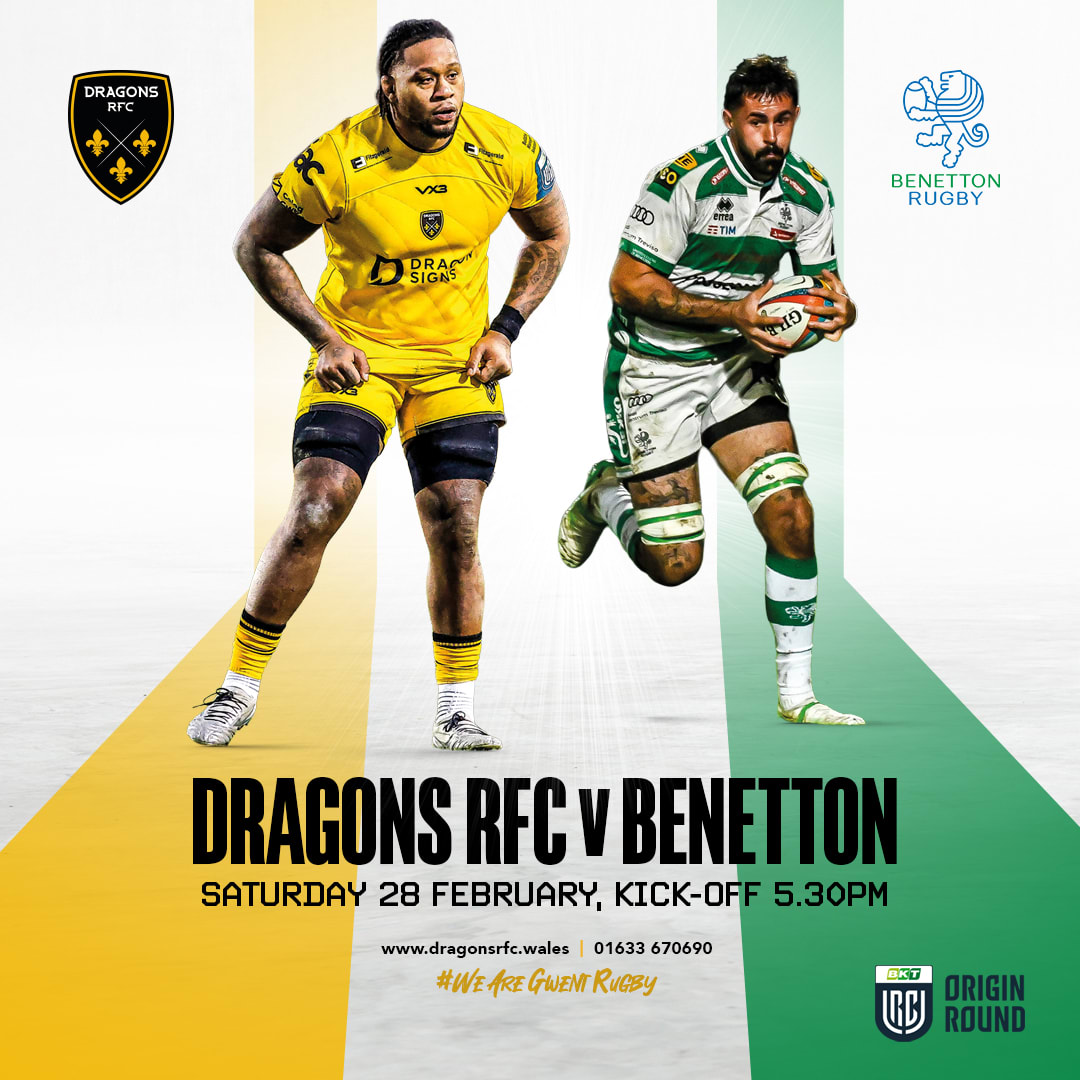Not so long ago former Dragons ace Richard Parks was in splendid isolation battling snow blizzards and freezing-cold temperatures on his latest world record attempt to ski across the south pole.
With another British record secured he returned to his home in Cardiff Bay to recover and cast his mind forward to his next great adventure. What he didn’t bank on was being locked in at home with partner Joe and son Fred.
He may have scaled the highest peaks in the world, and plumbed to some very low personal depths, but he is the first to admit that lockdown was as hard to negotiate as anything else he has had to tackle in his life.
Confinement is not something that one of the UK’s greatest explorers is used to. Like everyone else he has had to adapt to a ‘new normal’ and now he can’t wait to see rugby return next month.
That, he believes, will be a vital step forward for Wales’ professional players, who have been under huge pressure ever since lockdown was first introduced in March.
“Change is always terrifying at first for all of us. It’s not in our nature or our psyche, yet the paradox is how good we are at adapting,” said Parks, chatting to the WRU.
“Lockdown has been a real rollercoaster for me. On one level, I felt very equipped for it and, of course, it’s given us as a family some really positive opportunities. But, on the other hand, it has been unlike anything I’ve ever experienced and, like the rest of us, I’ve had some tough times and dark moments.
“One of the things I really struggled with was a loss of momentum and a loss of autonomy and freedom. It was very different to being in isolation.
“I think it has been a real challenge for some people to re-integrate and re-calibrate how they interact with people after four months of lockdown. I’ve noticed in the last couple of weeks, since we’ve been allowed out and about more, people are less inclined to make eye contact and connect.
“It’s harder to connect with people when you’re wearing a face mask, we converse differently online – it’s all very different to how we interact face-to-face. We need to understand there will be a period of adjustment and a need to understand that a lot of things will feel alien and clunky.
“We might not default to how we were as quickly as we want. Actually, we might never default back to how we were.
“But I think you can take value and confidence from being good at the way in which you apply your trade. When injury ended my career the biggest impact was on my self-identity and self-worth and that affected my mental health.
“For those sportsmen and women who have been caught up in the pandemic there will be some who will breeze through it, but for others it will have been a monumental wobble in terms of the level of anxiety which comes with playing professional sport.
“There are a lot of people outside sport who may not fully appreciate that and the fact your entire livelihood and life is on a two-year cycle. On one level you try not to think about it, but on another level you have to plan meticulously to cope with that. There are real financial implications in sport that the pandemic has challenged.
“There is so much uncertainty around – when is the game going to start again and how is it going to look? There are real financial implications in the professional game and that will have an impact on the mental health of the players.”
Looking further ahead, Parks admits the game is at a crossroads as it emerges from lockdown and looks to restart.
“I think there is a question about where the game now goes. There were big questions even before the pandemic and, to a large extent, the players are removed from that. All the pandemic has done is accelerated the evolution across all sectors," he said.
“The priority must be to look after the players and all the staff associated with the regions. There will be backroom staff and stadium staff who are all still on furlough who might not come back as soon as the players.
“As a society we only see the top few percent of the game, the 15 players on the pitch. There are hundreds of staff who service the vans and wash the kits, there are stewards and hundreds of other volunteers who are associated with the game who will be impacted by which direction the game goes.
“I think the game has a responsibility to look after all the people involved. Some of that will be around communication, some will be wellbeing and mental health and some of that will be making difficult financial decisions moving forward.
“The players have got to go back to owning what they can control, which is their own wellbeing, their preparation and how they serve their team. There is also an opportunity for them to realise they are a part of something much bigger.
“What the pandemic has done to society is really challenge where we put value. There are people working in society who have been taken for granted and been under-valued, the ‘key workers’ who are often on the lowest of pay scales, yet we’ve relied on them to keep everything moving and to keep everyone safe."





